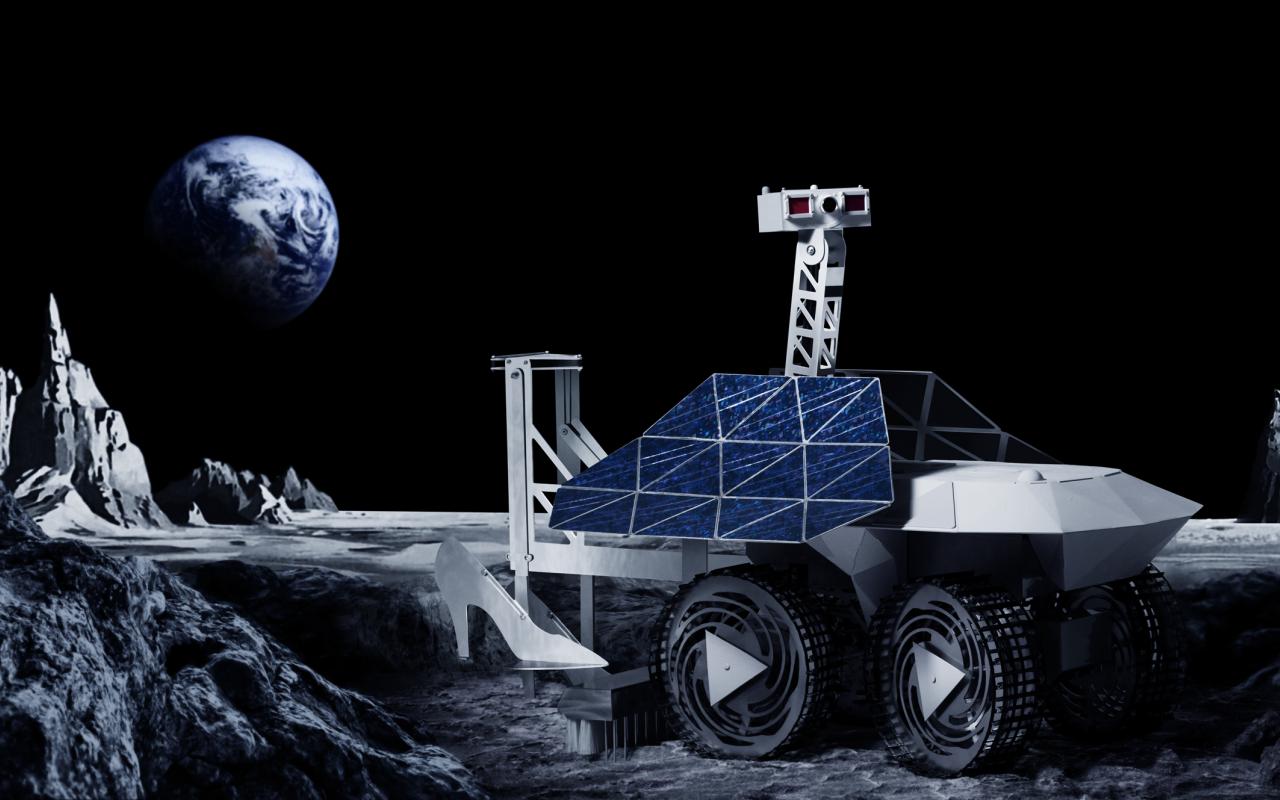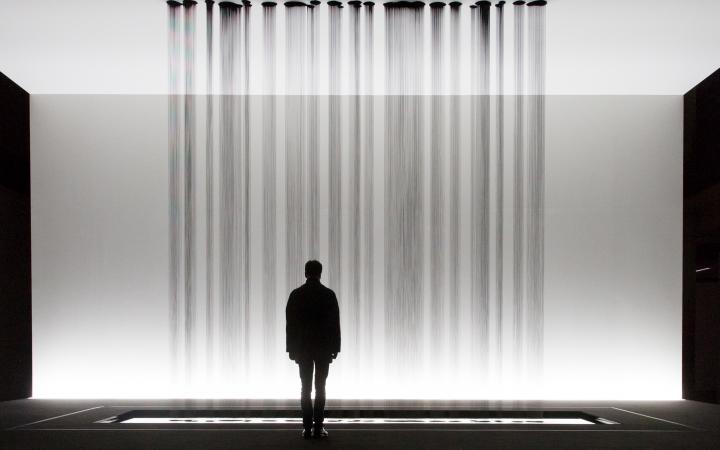Magdi Mostafa: Transmission Loss
Interview in the context of the exhibition: »New Sensorium«
Interview in the context of the exhibition: »New Sensorium«
- Category
- Interview
- Date
- 05.03.2016 to 04.09.2016
- Description
- The dialog between sound and space is central to Magdi Mostafa’s work. The initial generator of the concept is space (architectural, urban, private, public, dreamed, or real space), while sound has an intensely powerful ability to reconstruct past experiences, evoking different images or moods with little more than a minor change in value or tone. In its exploration of the conceptual relationship between sound and space, his work navigates the rapid transformations of the surroundings, mapping the effects of “modernity” on local traditions, on the phenomenological experience of the individual in the city and interpersonal relationships. As part and parcel of these interests, it often involves the evocation of personal or shared memories, recalling, for instance, outmoded technological innovations, or engaging with the historical past of a certain public space.
Transmission Loss is a new part of the artist’s investigations in creating dynamic, variable-scaled, vibration-based sound sculptures. This project is also an extension of his previous work, Sound Cells (Analog frequencies), shown in Cairo 2009, which sparked the artist’s on-going research in circuit-making skills and combining simple vintage sound devices.
The term “transmission loss” is by definition (mostly in acoustics) the difference between the sound energy at the source of transmission and that at the transmission receiver, within the sonic environment; and is mostly used in broadcasting and information/communication technology. Here, the concept is a poetic one, referring to a sort of “bemoaning,” or a manifestation of a certain “absence” that we don’t know during the process of generating these sounds. It might be the absence of time, which has to do with abandonment technologies, or the absence of our understanding of these values of sound itself, or even both.Video Documentary:
ZKM | Institute for Visual Media
Camera: Sarah Binder, Rabea Rahmig, Martina Rotzal, Christina Zartmann
Editing: Johannes Maag
Interview: Stephan Schwingeler

